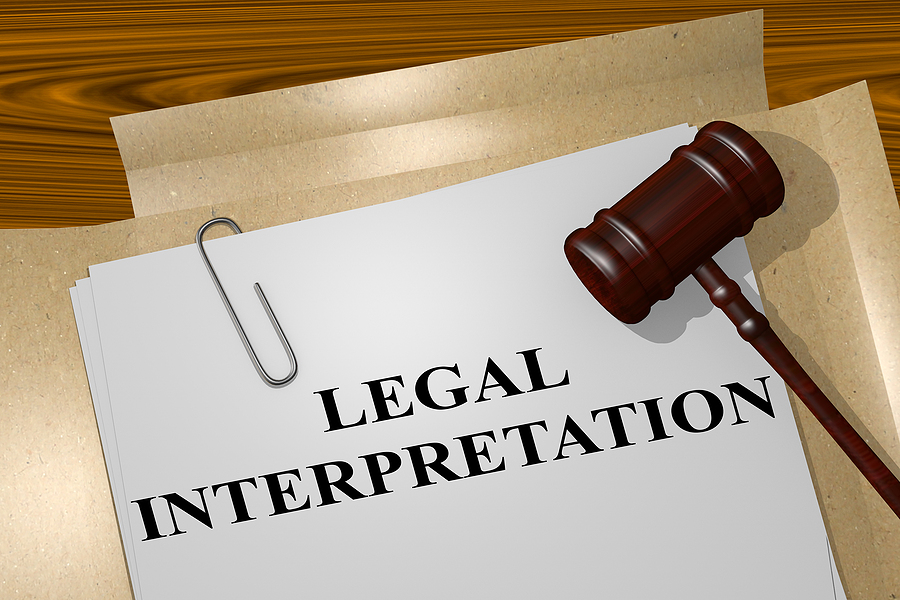Tips for Using an Interpreter During the Deposition Process
What is a deposition?
A deposition takes place in a civil lawsuit where a witness provides a sworn testimony out-of-court. When a deposition hearing takes place the lawyers involved will have prepared some questions to ask the witness. The witness is expected to answer the questions and the answers are recorded accurately in writing. A deposition takes place in the discovery stage which is when both parties from the different sides exchange key evidence and information before the commencement of a trial.
Tips on how to prepare for a deposition
If you have been summoned to take part in a deposition it’s important you are prepared for the event. There are several expectations you are expected to meet including the following.
GETTING IN TOUCH WITH US
Blog - Getting In Touch With Us
- Arrive at the court in clean and professional dress as if you were attending an interview for a job.
- When asked to answer questions you should consider carefully your answers. Listen carefully to the question and think before providing an answer. You should pause to give yourself enough time to think about the answer.
- Always provide honest answers to questions. If you don’t, experienced lawyers will notice if there is anything odd about your answers. You are obliged to speak the truth. Prior to the deposition, you should study carefully your case’s weak areas so that you know how to answer the questions.
- Don’t volunteer information about anything that has not been asked. You are not required to justify your answers. When you have answered a question sit quietly while waiting for another question;
- Ensure you can understand a question but if you aren’t sure ask the lawyer to repeat the question or rephrase it so an accurate answer can be given;
- Don’t argue when responding to the defense lawyer’s questions. Make sure you make a good impression. Even if the questions seem uncomfortable to answer always be pleasant, professional, and straightforward.
- If you can’t answer a question just say you can’t;
- Always stick with your original answers and don’t allow the opposing lawyer to put any words in your mouth;
- Don’t bring any documents with you such as notes because if you do the defense lawyer will probably ask to look at them. The best way to prepare for a deposition is to consult your lawyer beforehand.
- Because a deposition is used for discovery a witness can be asked anything, including questions about personal relationships, work experience, credit history, childhood, education, criminal background, previous lawsuits, claims, and beyond. You are expected to be truthful and nothing more.
- You are given the right to read your deposition transcript and correct the mistakes. However, it is better to resolve any mistakes in the testimony during the deposition before the preparation of the transcript has taken place. When you are given a break, you get the chance to clarify or add to an answer to the defense lawyer’s questions.
Use of certified interpreters
If you require assistance from an interpreter because you aren’t fluent in the language used in court procedures you should make sure you have an interpreter present at the deposition. This means sending a copy of the Notice of Deposition to the interpreter as soon as possible so that he or she knows what to expect. To make the job of the interpreter easier you should always speak in the first person. The job of the interpreter is to translate the exact words of both verbal and written statements when attending a deposition. Most certified interpreters are qualified interpreters and have undertaken training and certification.
Conclusion
You are advised to hire a professional interpreting service if you need an interpreter at any time during deposition.



